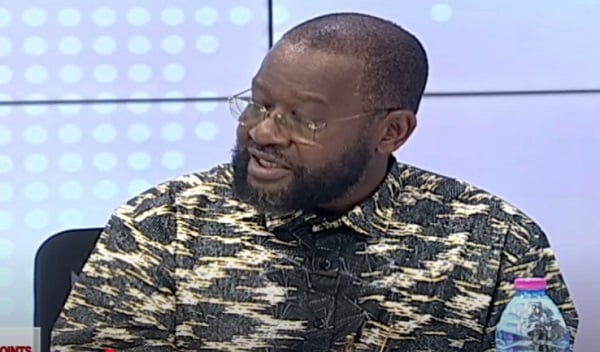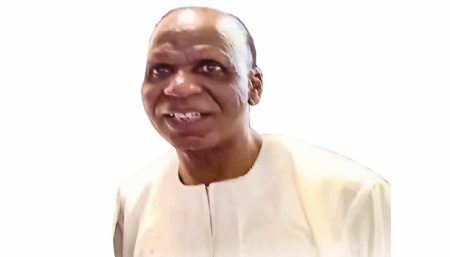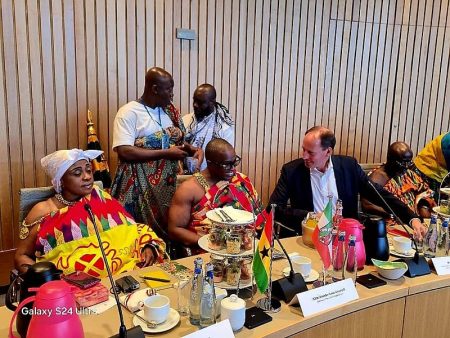Ghana’s energy sector is grappling with a significant debt crisis, prompting the government to introduce a new fuel levy aimed at raising funds to address the issue. This levy, which adds GHS1 to every litre of fuel sold, has sparked debate and raised concerns about fairness and transparency. Energy expert Kwame Jantuah, while acknowledging the necessity of the levy to tackle the mounting debt, has strongly criticized the exemption of government officials from its impact. He argues that if ordinary citizens are being asked to bear the burden of this new tax, then government appointees who benefit from state-provided fuel coupons should also contribute their fair share. Jantuah emphasizes that such a double standard undermines public trust and could erode support for the levy. He calls for fairness and transparency in the implementation of the new tax, urging government officials to demonstrate solidarity with the citizens they serve.
The government, facing a substantial energy sector debt of $3.1 billion, with an additional $3.7 billion needed to clear arrears and $1.2 billion for fuel procurement, has defended the levy as a crucial measure to ensure a stable power supply. Finance Minister Dr. Cassiel Ato Forson has assured the public that the increased levy will not directly translate into higher fuel prices at the pump. However, Jantuah contends that the government’s communication surrounding the levy has been inadequate. He calls for greater clarity on the utilization of the funds raised and the duration of the levy. He suggests the introduction of a sunset clause, a defined timeline for the levy’s review or removal, to provide reassurance to the public and foster greater acceptance of the measure.
Jantuah’s critique centers on the principle of shared responsibility. He draws a parallel to a family facing financial hardship, arguing that all members must contribute to overcoming the challenge. In the same vein, he believes that government officials should not be insulated from the financial implications of the energy sector debt. Their participation in bearing the burden, he argues, would signal a commitment to shared sacrifice and foster public confidence in the government’s efforts to address the crisis. Jantuah maintains that without demonstrable fairness and transparency, public support for the levy could quickly dwindle, jeopardizing the government’s efforts to stabilize the energy sector.
Jantuah’s concerns highlight the critical need for open and honest communication from the government. He argues that clearly explaining the current state of the Energy Sector Levies Act (ESLA), outlining exactly how the new levy will be utilized, and providing a definite timeline for its review or termination would significantly enhance public understanding and acceptance. He contends that Ghanaians are more likely to support difficult measures if they understand the rationale behind them and have confidence that the burden is being shared equitably. The lack of clarity, he suggests, breeds suspicion and resentment, potentially undermining the very objectives the levy is intended to achieve.
The government’s assurance that the funds generated from the levy will be strictly allocated to debt reduction and power supply improvement is a crucial step. However, Jantuah argues that this assurance alone is insufficient. He calls for greater transparency in the management and disbursement of these funds, emphasizing the importance of accountability to ensure public trust. He suggests that regular updates and independent audits would provide the necessary reassurance that the levy is being utilized effectively and for its intended purpose. Such transparency, he argues, is essential to maintaining public support and preventing the erosion of confidence in the government’s handling of the energy crisis.
President Mahama’s signing of the Energy Sector Levy Amendment into law reinforces the government’s commitment to addressing the energy sector debt. However, Jantuah’s concerns underscore the importance of considering the broader societal implications of such measures. The issue of fairness and equitable burden-sharing is crucial not only for the success of the levy itself but also for maintaining public trust and fostering a sense of collective responsibility in tackling national challenges. The government’s response to these concerns will be a crucial determinant of public perception and the ultimate effectiveness of the levy in achieving its stated objectives.














